What You Should Know About Whooping Cough
Written by Frederik Gleichner | Reviewed by Uche Ruth
Updated on June 25, 2024
Key Takeaways:
- Whooping cough is a very contagious illness that affects the lungs.
- Anyone can get sick with whooping cough, but babies are most likely to get very sick.
- Antibiotics can treat whooping cough, but getting vaccinated is the best way to protect yourself and others around you.
Table of Contents
Overview
Whooping cough is a respiratory illness that affects the lungs. It’s also called pertussis. Pertussis was dubbed “whooping cough” because it causes coughing fits that are so bad that people gasp for air while making a “whooping” sound.
Whooping cough cases are on the rise, and illness can be serious, especially in babies. Fortunately, there’s a lot you can do to keep yourself and your infant safe.
What is whooping cough?
Whooping cough is a contagious illness caused by a bacteria called Bordetella pertussis. Bacteria enters the body through respiratory droplets from someone who is infected. This is the same way other respiratory illnesses, like the flu, and even COVID-19, enter the body. Once the bacteria enters the lungs, it attaches to the lining of the lung and releases toxins. This causes the airways to swell, making it hard for air to pass in and out, which makes it hard to breathe.
Anyone can get whooping cough, but it’s especially a problem for infants and children. Before a vaccine became available in the 1940s, whooping cough was a deadly childhood illness: About 200,000 children in the U.S. got whooping cough each year, and about 9,000 of those died.
Is whooping cough contagious?
Whooping cough is very contagious. A person with whooping cough can pass it to 15 to 17 other people. By comparison, a person with COVID-19 can pass it to 5 to 6 other people. People with whooping cough are most contagious up to about 2 weeks after their cough starts. Most people with whooping cough don’t know they have the illness — and some don’t have any symptoms. This can be dangerous because people can spread the illness to unvaccinated babies, who are at the greatest risk of serious illness.
Are there whooping cough outbreaks?
Unlike polio, whooping cough was never eradicated in the U.S. This means there are always some active cases of whooping cough, which puts everyone at risk for outbreaks. There are regular outbreaks every few years that are growing in size. This is happening for many reasons, including:
- Better tests for diagnosing whooping cough
- Improved tracking and reporting methods
- Newer vaccinations that provide shorter immunity than older vaccines
Immigration is not a cause of pertussis outbreaks, as every country vaccinates against pertussis.
Causes
Whooping cough, also known as pertussis, is a highly contagious respiratory tract infection caused by a type of bacteria called Bordetella pertussis.
The bacteria can spread through several ways:
- Droplets released during sneezing or coughing.
- Surfaces contaminated with these droplets.
- Coming in direct contact with an infected person.
The infection is spread by direct contact with the diseased person. When the patient coughs or sneezes, tiny bacteria-laden droplets are sprayed into the air and others breathe them into their lungs. A person with whooping cough is infectious from about six days after they were infected and until 3 weeks after the coughing bouts start.
Children who are not vaccinated are at high risk. The whooping cough vaccine you receive as a child eventually wears off, leaving most teenagers and adults susceptible to the infection during an outbreak. Infants who are younger than age 12 months who are unvaccinated or haven’t received the full set of recommended vaccines have the highest risk for severe complications and death.
If untreated for a prolonged period it may lead to complications such as dehydration, severe weight loss, increased risk of pneumonia, rib fractures due to severe cough, sleeplessness, seizures, and brain damage. Therefore, getting vaccinated for pertussis is the best preventive method.
Symptoms
It’s probably not surprising that coughing is the most common symptom, but it’s not the only one. In fact, whooping cough has three phases.
Early phase
The first phase is called the early phase, and it lasts a couple of weeks. During this time, whooping cough can be hard to distinguish from the flu or a common cold.
- Runny nose
- Slight cough
- Fever
During this phase, babies can have moments when they stop breathing and turn blue, which is called apnea. Apnea is dangerous and requires immediate medical attention.
Paroxysmal phase
The next phase is called the paroxysmal phase. During this phase, people have severe coughing fits (paroxysms) that can be debilitating and even dangerous. Coughing fits during this phase:
- Are worse at night
- Usually have the whooping sound
- Last so long that people vomit or turn blue
- Are so strong that people can break a rib or a blood vessel from coughing
- Happen every hour, making it hard to sleep
This phase can last up to 10 weeks, which is how whooping cough got its nickname as the “100-day cough.”
Recovery phase
The third and final phase is the recovery phase. It can last several weeks, or even months. During this time, the coughing fits happen less often and are less severe. But because the lungs are still weakened from the whooping cough infection, people can get other respiratory illnesses during this phase. Having another illness can further weaken the lungs and make it harder to recover.
Treatment
Whooping cough can be treated with antibiotics and complementary home remedies.
Antibiotics
Antibiotics are used to treat whooping cough. The most common antibiotics used are:
Starting antibiotics during the early phase can:
- Make symptoms less severe, especially in infants.
- Prevent someone from passing whooping cough to others.
- Shorten the period when people are contagious. People usually stop being contagious after 5 days of antibiotic treatment.
By the time the coughing fits start during the paroxysmal phase, the toxins have already damaged the lung lining, and antibiotics will not help symptoms. For this reason, healthcare providers will often not wait for test results and will start antibiotics immediately if they think someone could have whooping cough.
Home remedies
In addition to antibiotics, you can adopt some practices at home to help you cope with whooping cough, including:
- Minimizing whooping cough triggers, like smoke and dust
- Using a vaporizer to help loosen lung mucus and soothe coughing
- Taking in enough fluids to prevent dehydration
- Eating smaller but more frequent meals to decrease the risk of vomiting during coughing fits
- Keeping surfaces around your home clean and washing your hands often to prevent spreading the illness to others
What is the outlook if you have whooping cough?
The health outlook for people with whooping cough depends on the person’s age, with children of a certain age being more likely to catch whooping cough.
- Infants younger than 1 year old are 30 times more likely than adults to get whooping cough.
- Children and young adults between the ages of 1 and 20 years are 8 times more likely than adults to get whooping cough.
Children, especially infants less than 1 year old, are more likely to get seriously sick, too. About half of babies under 1 year old need to be hospitalized if they get whooping cough. Of these babies:
- 75% will have trouble breathing
- 25% will get pneumonia
- 1% will have seizures
- 1% will, unfortunately, die
By contrast, less than 5% of teens and adults get sick enough to be hospitalized.
How can you prevent getting sick from whooping cough?
Getting the pertussis vaccine is the best way to prevent getting sick from whooping cough.
The vaccine is 90% effective, so while vaccinated people can still catch the disease, it’s much less likely. Unvaccinated children are 8 times more likely to get whooping cough than vaccinated children. Also, people who are vaccinated don’t get as sick as people who aren’t vaccinated.
The pertussis vaccine is combined with vaccines against tetanus and diphtheria. It is given in two forms called DTaP and Tdap. Babies and children get DTaP in a series of five shots. Older children and adults get Tdap. The Centers for Disease Control and Prevention recommends that teens and adults get the Tdap vaccine every 10 years.
Should you get vaccinated while pregnant?
Pregnant people should get vaccinated between 27 and 36 weeks of pregnancy. This allows time for a person to make protective antibodies, which they can pass along to their baby. These antibodies offer protection until the baby can get their own vaccine. In addition, pregnant people who are vaccinated are less likely to get whooping cough themselves. Therefore, they’re less likely to pass whooping cough to their baby. A Tdap vaccine is recommended for each pregnancy, regardless of how many times a person has received a vaccine.
Medications & Collections
These drugs are vital for controlling and improving the health of individuals with this condition. They include both preventive and symptomatic treatments.
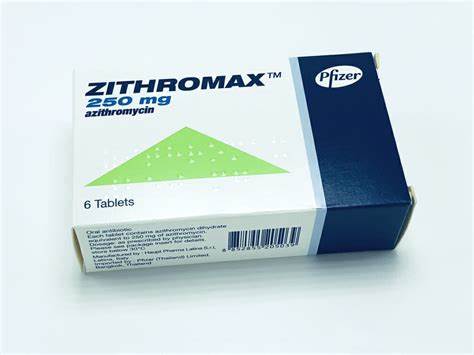
Zithromax 250mg
₦14,750
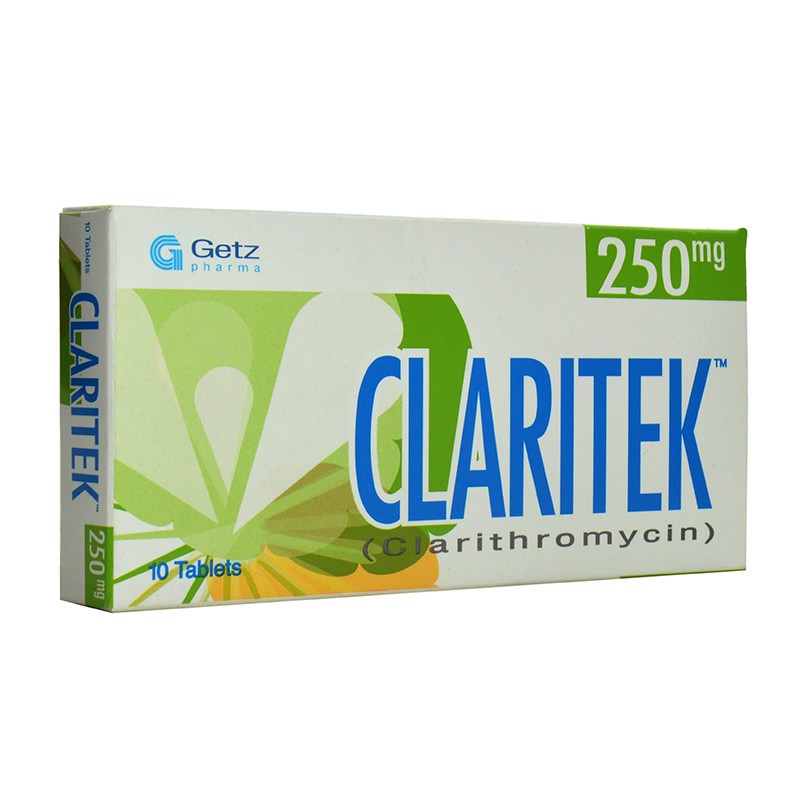
Claritek 250mg
₦7,150
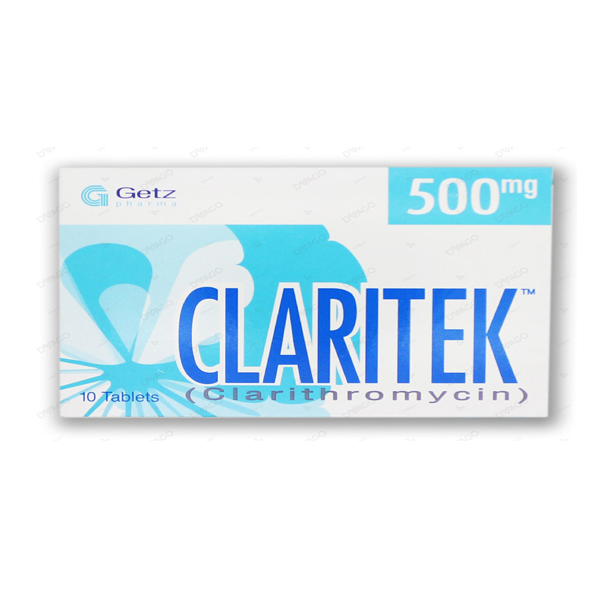
Claritek 500mg
₦10,000
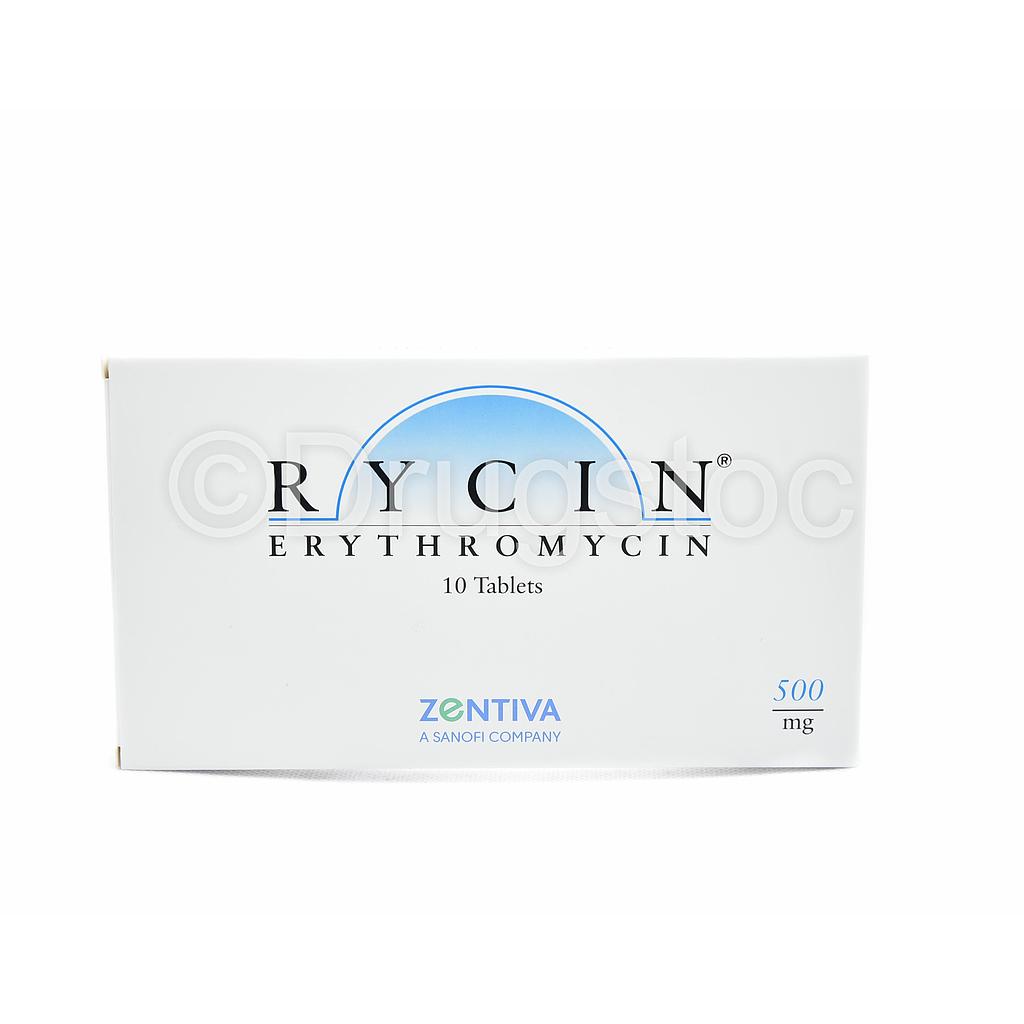
Rycin 500mg
₦6,100
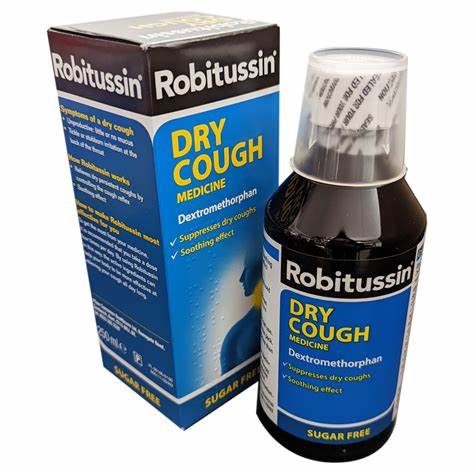
Robitussin Dry Cough
₦14,600
